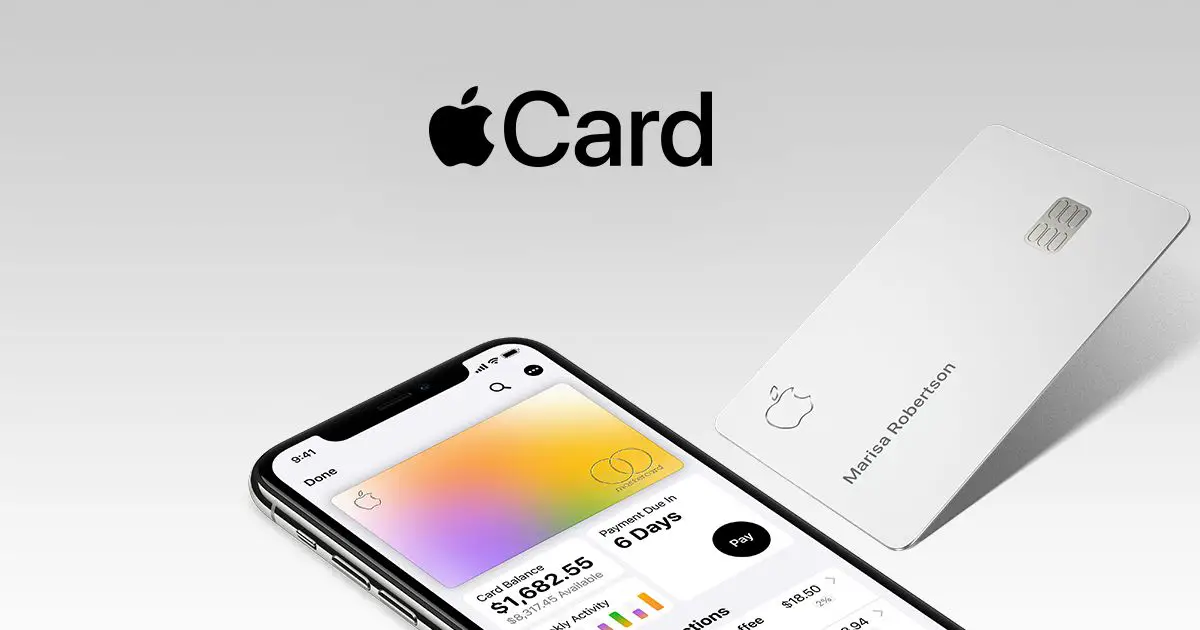Apple Inc. recently announced a savings account offering an impressive annual percentage yield (APY) of 4.15% – nearly ten times that of traditional banks’ 0.35% average. No fees or minimum deposits apply either.Thus, this moves signals an era-ending end for traditional bank offerings with minimal returns. What it is and what you must know about it.
Challenging the Traditional Banking
Apple’s disruptive force has already had an enormous impact on various industries and now appears to make waves in banking. Apple’s customer base of two billion active devices provides it with a solid opportunity to challenge major banks by forcing them to raise interest rates in order to remain competitive.
Expanding Consumer Finance with Apple Pay Later
Apple’s new savings account aims to help its customers save more and earn interest more easily, following up on its recent introduction of Apple Pay Later, which allows customers to pay purchases in four equal installments over six weeks without incurring interest or fees – an incredible challenger to traditional banks.
A venture by this company into banking could bring banking services to unbanked individuals in developing nations. Digital banking services, mobile money platforms, and innovative credit scoring models could be instrumental in expanding access to financial services for millions worldwide.
See More: What Does iOS Stand For?
Tapping into Emerging Markets’ Growth Potential
Developing countries are home to an expanding middle class with disposable income, making these markets attractive to businesses looking for expansion opportunities. Digital payments have seen increasing adoption due to internet penetration rates, shifting consumer tastes, and the proliferation of e-commerce businesses in these emerging markets.
As online shopping gains ground in these regions, consumers opt more frequently for digital payment methods, such as Apple’s entry into the banking industry – offering faster, cheaper, and more accessible alternatives than traditional money transfer services – that could revolutionize the global remittance sector. Emerging markets rely heavily on remittances sent home from loved ones working abroad for income support.
Apple’s Legacy of Industry Disruption
Apple has revolutionized multiple industries, from personal computers and music downloads to mobile phone usage and tablet. Their success can be measured through solid brand recognition, an extensive product offering, and increasing customer loyalty – as more Apple services become embedded into customer lives, the likelihood of them switching hardware providers decreases.
From its founding by Steve Jobs, Steve Wozniak, and Ronald Wayne in 1976 to its significant achievements, Apple has achieved numerous milestones since. These include the Apple II personal computer being mass-produced successfully for sale to consumers and revolutionizing the mobile phone industry with iPhone. Apple also achieved outstanding market capitalization, being the first publicly traded company to hit a $1 Trillion market cap in 2018, followed by a $2 Trillion market cap by 2020.
The Future of Banking: Apple’s Disruptive Influence
Banking plays an essential role in global economies, providing essential services to businesses, individuals, and governments. Apple’s entry into this sector could disrupt and reshape it to make it more competitive while becoming accessible to a broader range of consumers. As they innovate and expand their offerings further, traditional banking institutions may need to change to keep up with Apple.


